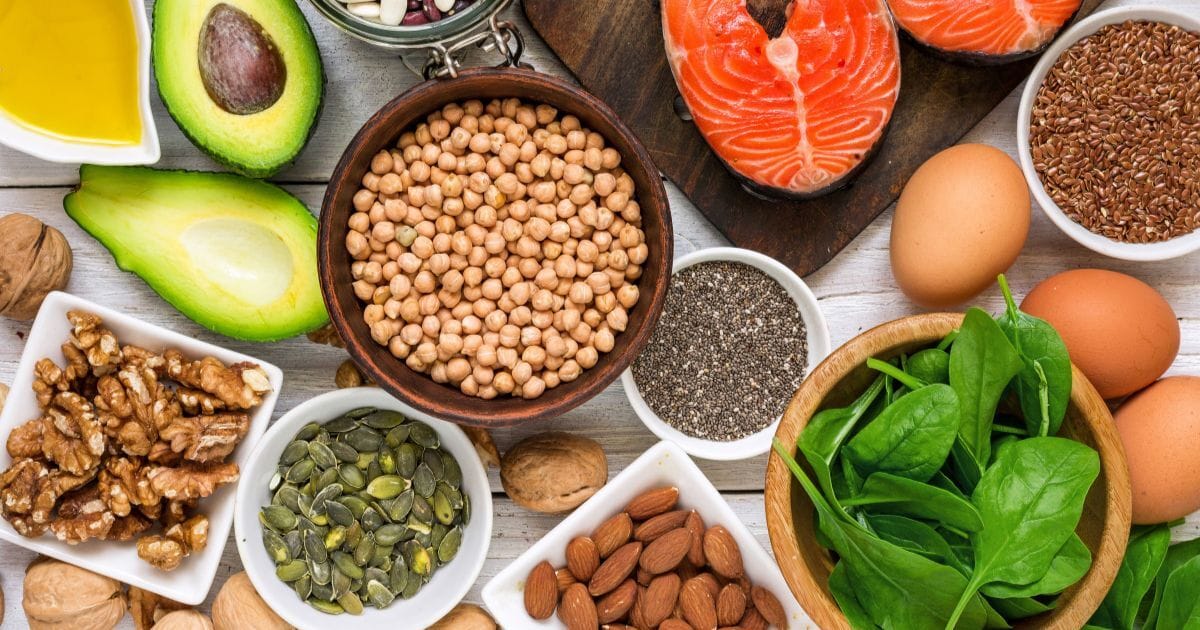New research from Huntsman Cancer Institute at the University of Utah points to a surprising driver of cancer growth: the fats circulating in the bloodstream.
In mouse models of breast cancer, scientists found that elevated lipid levels, common in obesity, can accelerate tumor growth, even without other markers such as high blood sugar or insulin resistance.
The study, published in Cancer & Metabolism, examined how different types of dietary fat affect tumor metabolism. The team found that when fat levels in the blood were high, cancer cells grew faster. Lowering those levels slowed tumor growth, suggesting that lipids themselves may feed the disease.
“The key here is that people have underestimated the importance of fats and lipids in the all-encompassing term that is obesity,” said Keren Hilgendorf, PhD, investigator at Huntsman Cancer Institute. “Our study shows that breast cancer cells are really addicted to lipids, and the abundance of lipids in patients with obesity is one of the reasons that breast cancer is more prevalent and more aggressive in these patients.”
Some people with obesity turn to high-fat, low-carbohydrate diets such as keto to lose weight, but the researchers caution that this approach may not be suitable for everyone.
“For patients who are diagnosed with breast cancer and have an elevated BMI, we would advise them to consult their physician and develop a weight loss plan as part of their treatment,” said Greg Ducker, PhD. “If you have high cholesterol levels to start with, think about a weight loss plan or potential pharmaceuticals that could lower your lipid levels. As our study shows, diets like keto that are very high in fat can have serious unintended side effects — even causing the tumor to grow.”
While the findings come from lab studies in mice, they add to growing evidence that the metabolic environment created by obesity, especially high blood lipids, can influence cancer biology. The team notes that more research using human samples will be needed to confirm these results.
The takeaway: not all fats are equal. Healthy fats from foods like olive oil, nuts and fish play an important role in metabolism, but excess saturated fats or an unbalanced high-fat diet may have the opposite effect.
This research was funded by the National Cancer Institute and the Huntsman Cancer Foundation.
